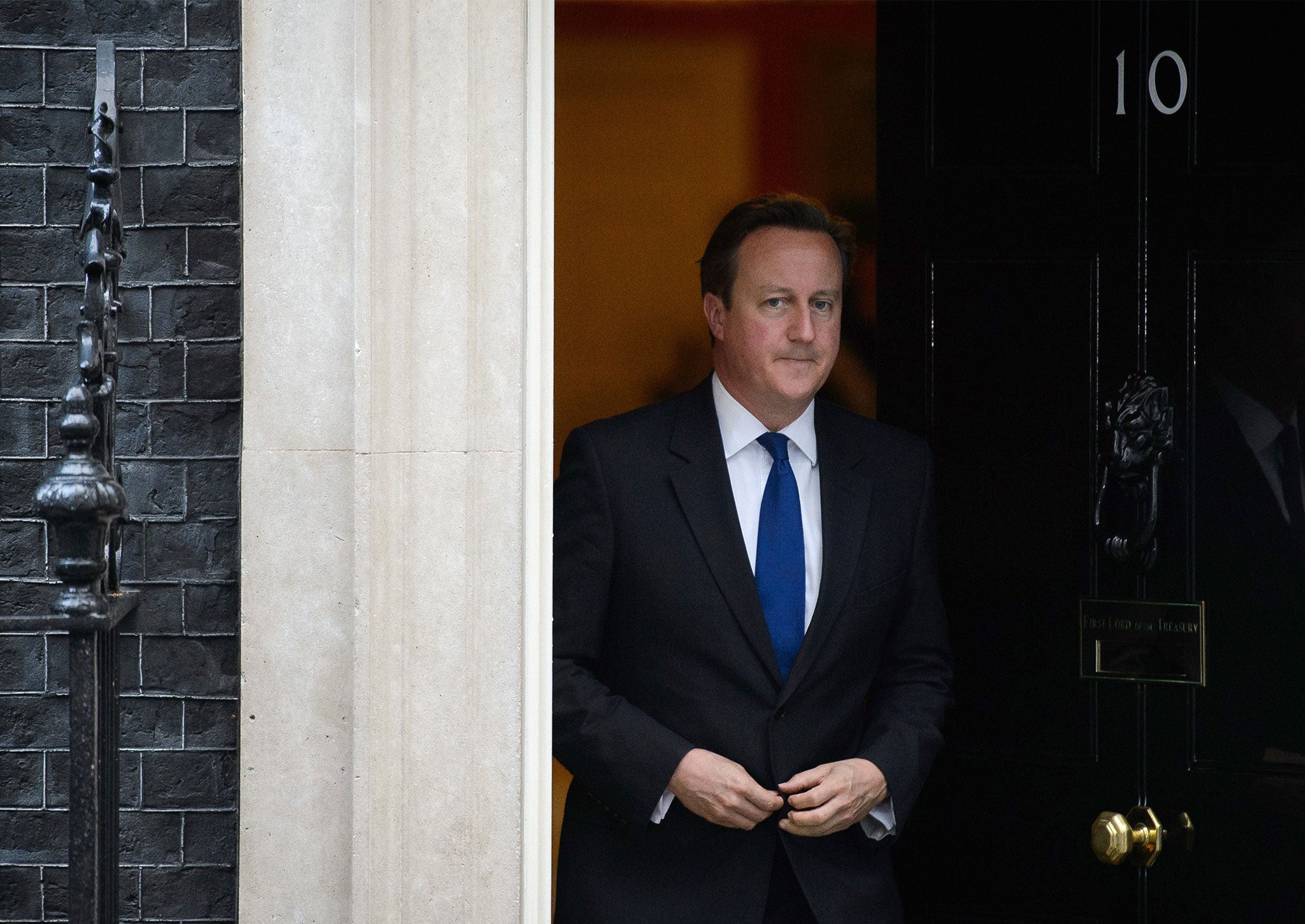Government cuts: This is where the axe will fall on public spending
Inside Westminster: You can’t bank savings without traumatic structural change

When David Cameron launched his Troubled Families Programme in 2011, the Government made an ambitious claim. Intensive intervention in the lives of 120,000 families would, it was suggested, reduce Government spending by £9bn in avoidable crime, health and social problems.
Two years on and Mr Pickles recently trumpeted the success of the programme by announcing that 69,000 troubled families had already been “turned around”. That, by the Government’s own reckoning, should have saved the taxpayer £5bn. But interestingly there was no mention of any specific savings in the Government press notice announcing the programme’s progress.
Here is the problem: to “cash in” those savings requires cutting back and closing the “services” those troubled families over-use. It would mean fewer police on the streets, social workers and doctors and nurses in A&E. That’s how the Government gets its £9bn – but it’s much easier said than done.
The case of the Troubled Families Programme is worth thinking about when considering George Osborne’s plans for reducing Government spending after the next election. Under Conservative plans, by 2020 a further £30bn at least will have to be taken out of public-sector spending. Ahead of the election, Mr Osborne is unwilling to say where these cuts will come. But from talking to people around Whitehall it is possible to make a few predictions about where the axe will fall – to “bank” the savings of falling demand and reflect changes in society today.
There’s the police: the £12bn that the Government currently spends on policing in the UK will be a key target for cuts. The 43 police forces in England in Wales may remain – but in name only, with more and more functions merged and significant redundancies at all levels. Falling crime will mean falling police numbers, while technological changes will allow many police stations to shut – to be replaced with a flexible “presence” in places like supermarkets and council properties.
Then there’s fire and ambulance services: in the last decade there has been a 40 per cent reduction in fire brigade call-outs, yet expenditure and staff numbers remain the same. The 46 fire services are likely to be forced to merge, sold off to their employees and allowed to carry out private-sector work to offset reductions in income from the public sector. Ambulance services are also likely to be reconfigured to save money and potentially merged with the NHS’s 111 service.
Job Centres: getting people to interact with the Government online costs 20 times less than over the telephone and 50 times less than a face-to-face transaction. By 2020 there are unlikely to be any job centres – all consultations will be done online with just a few remaining DWP staff providing “live support” online. Big savings will also be made in Government agencies like the DVLA and HMRC.
Closing Government departments: senior figures in Whitehall admit that at the next spending round it will not be possible to salami-slice cuts from departments – much bigger structural change will be needed. Two departments in particular are under threat: Business, and Energy and Climate Change. Both could be merged or brought under the auspices of the Treasury. There will also be an end to dedicated policy teams covering specific areas in departments replaced by roving teams of civil servants who work to ministerial priorities. One senior figure predicted that some current departments could see their headcount cut in half.
These are just a few examples and there are many more. Whether they are politically achievable (or desirable) is far from clear. But as the Troubled Families Programme shows and the Government knows – you can’t bank savings without traumatic structural change.

Join our commenting forum
Join thought-provoking conversations, follow other Independent readers and see their replies